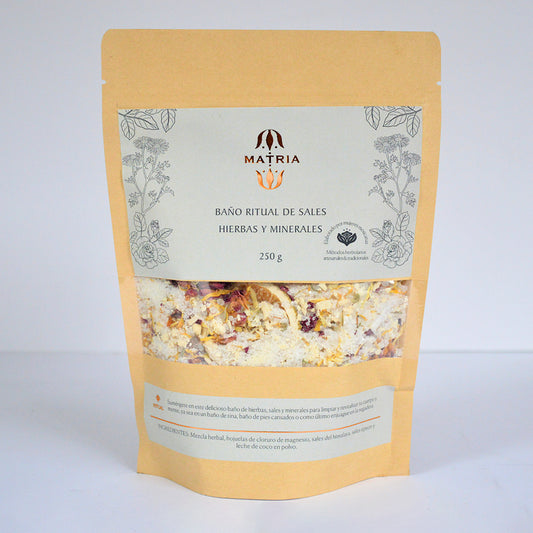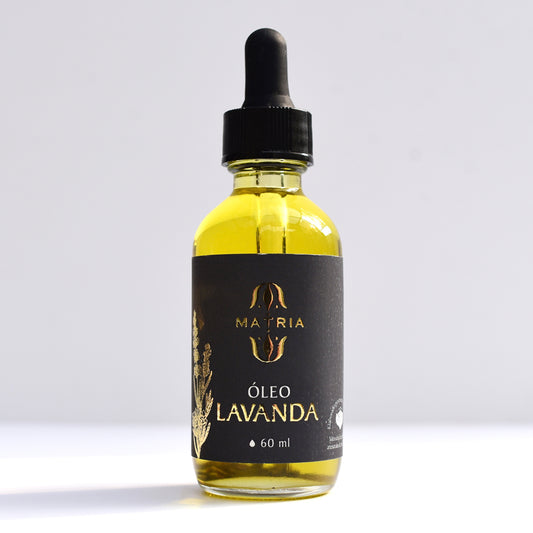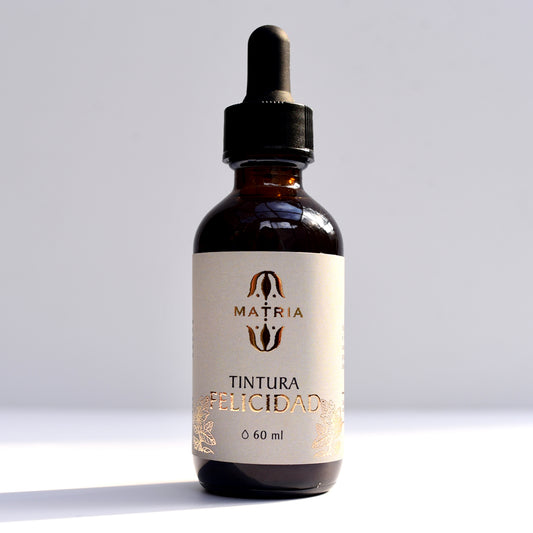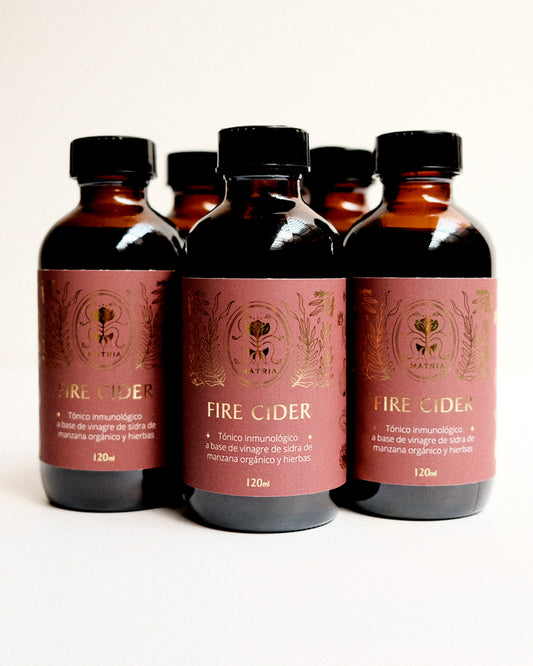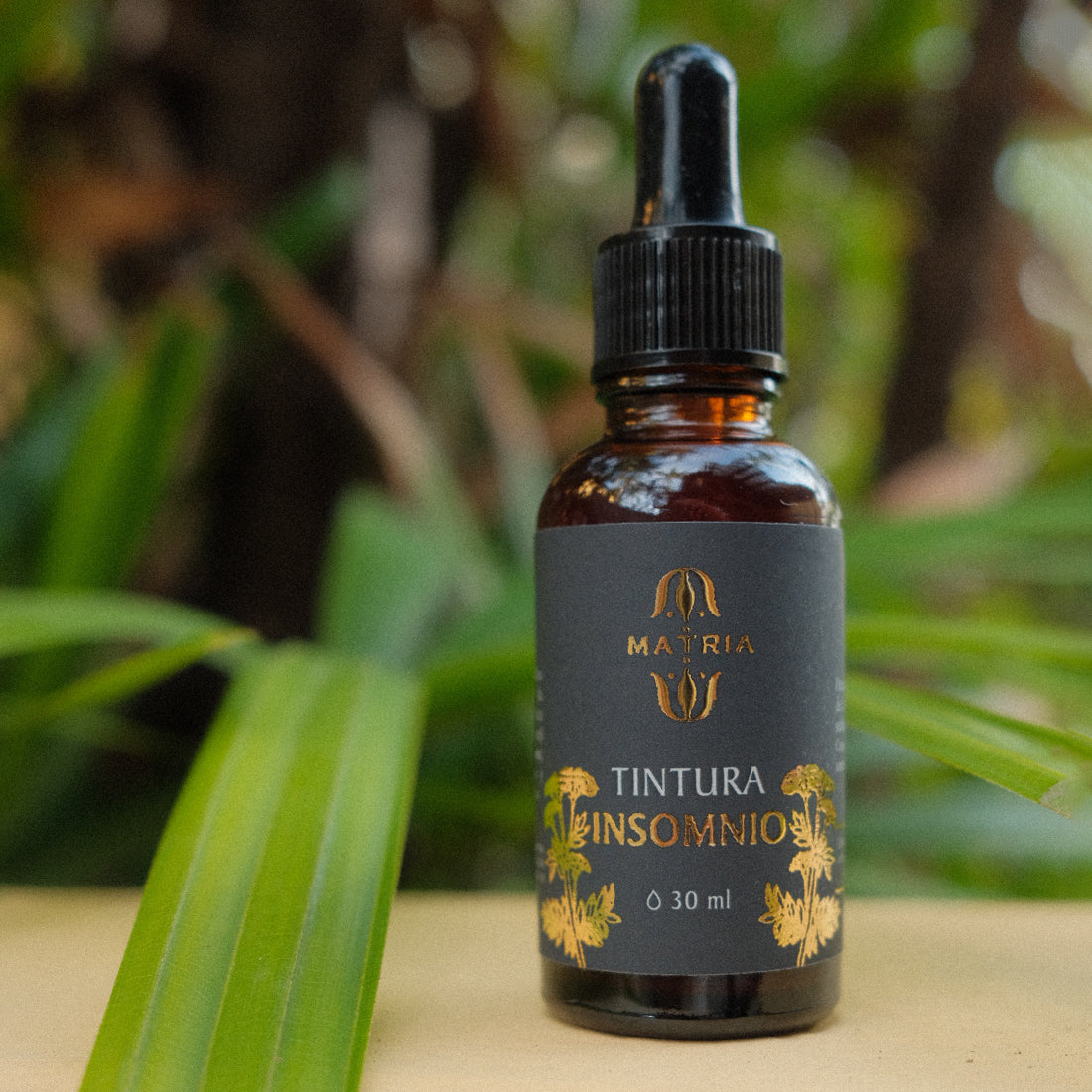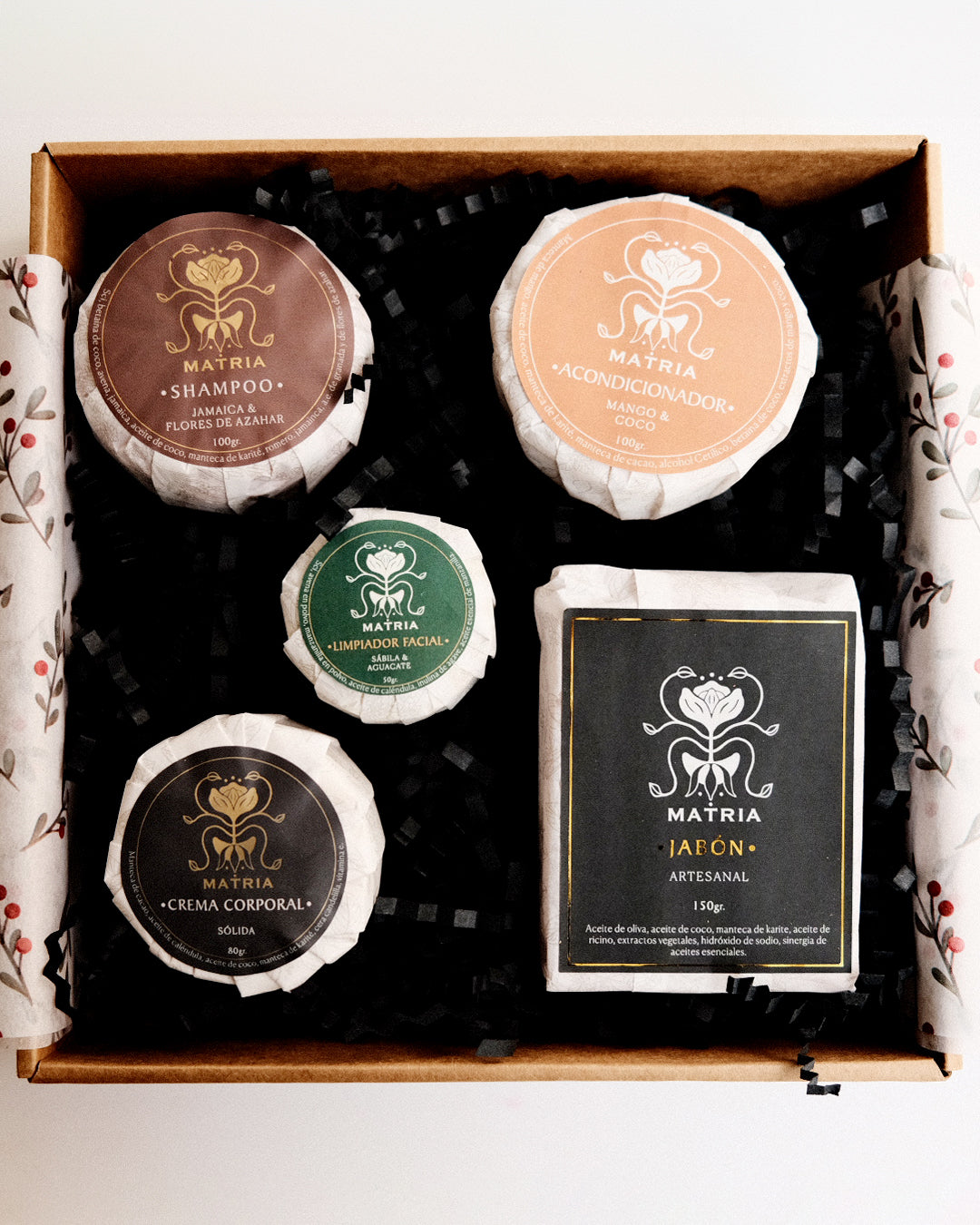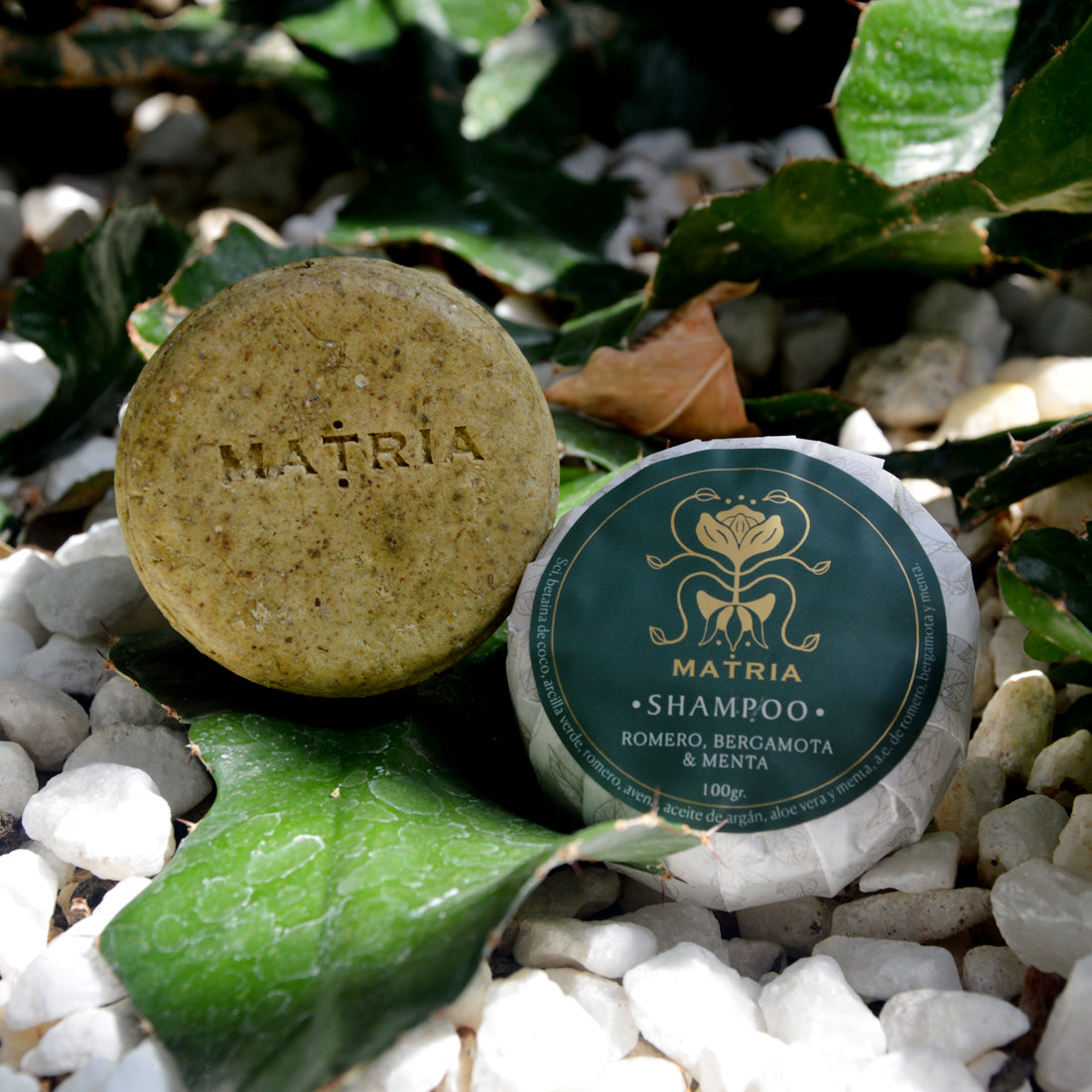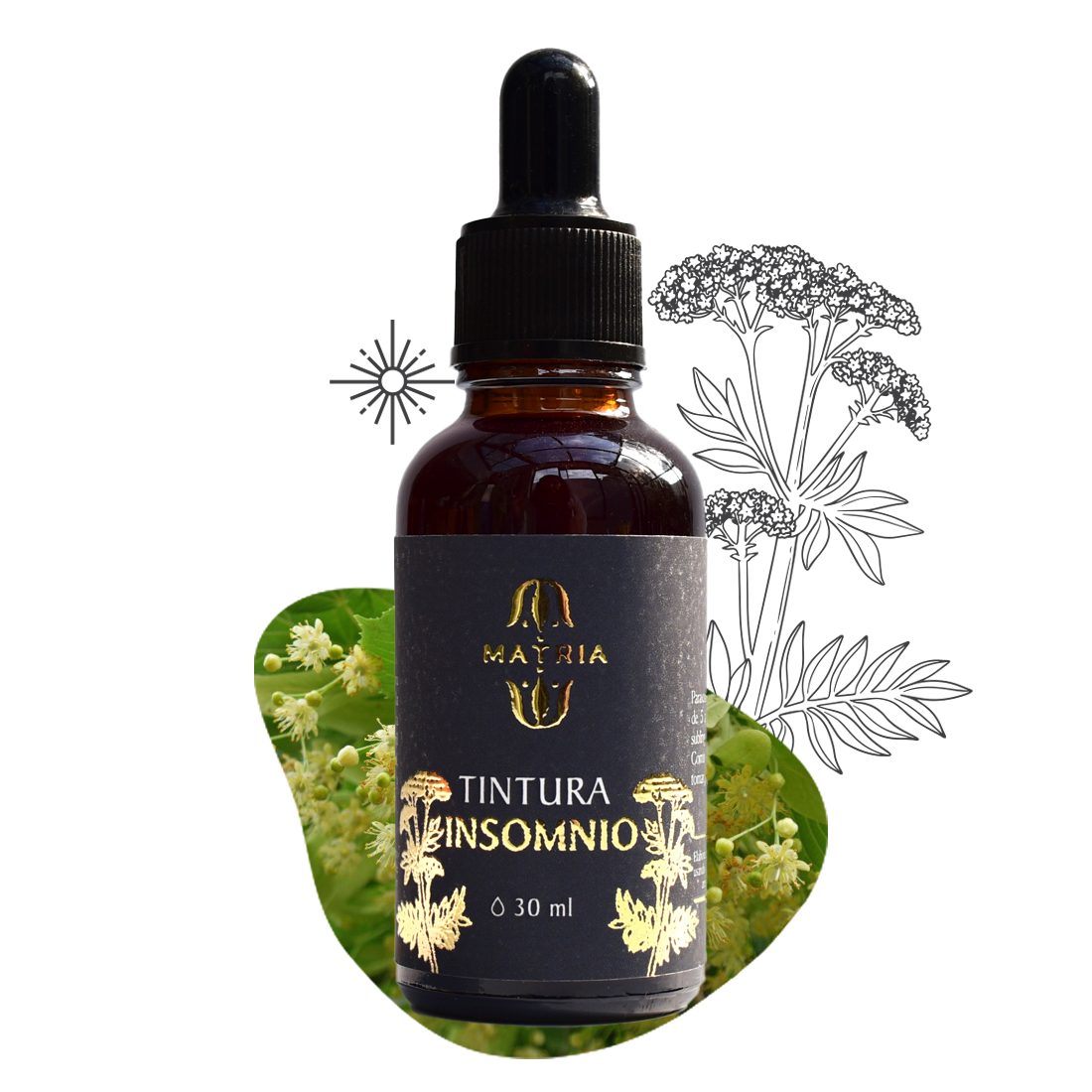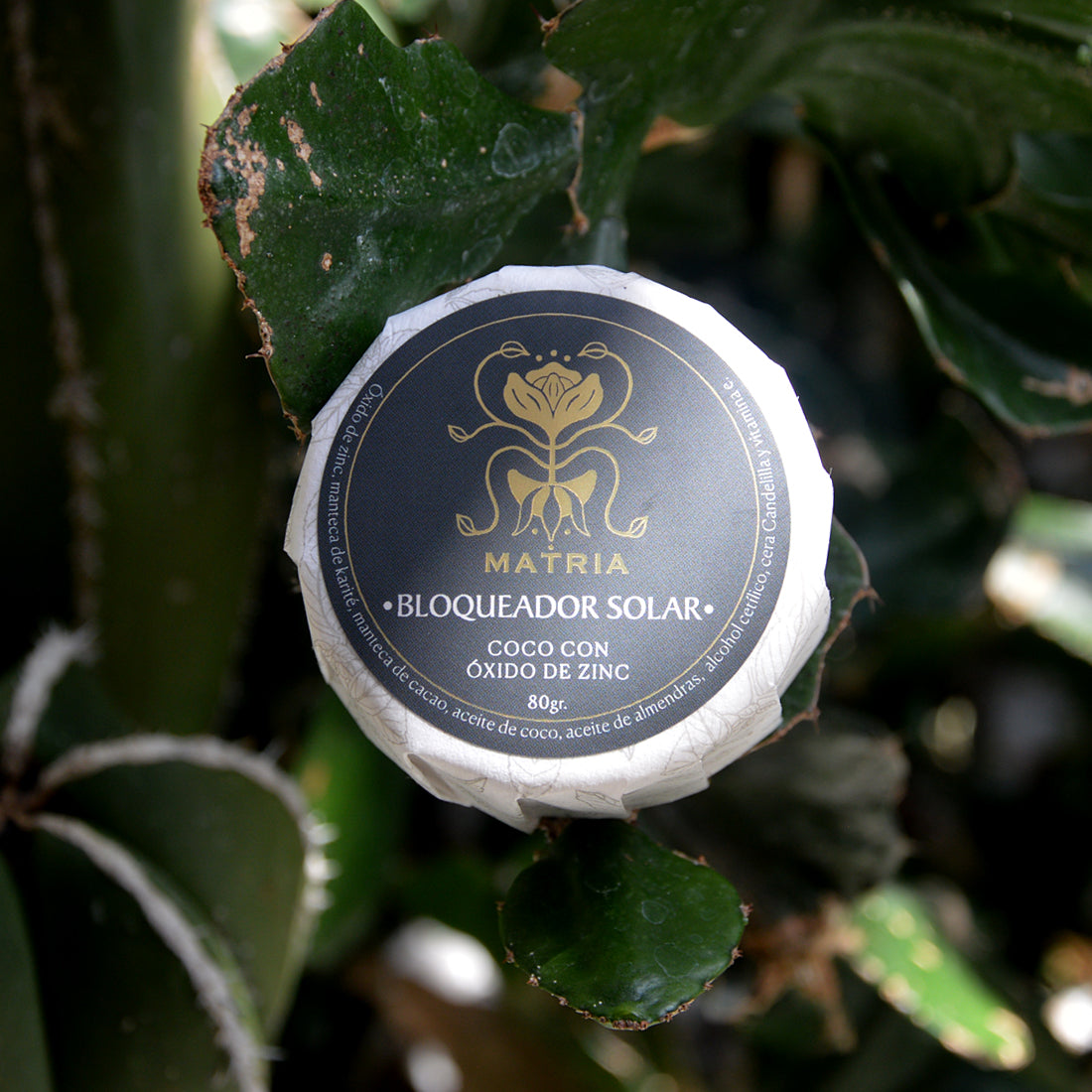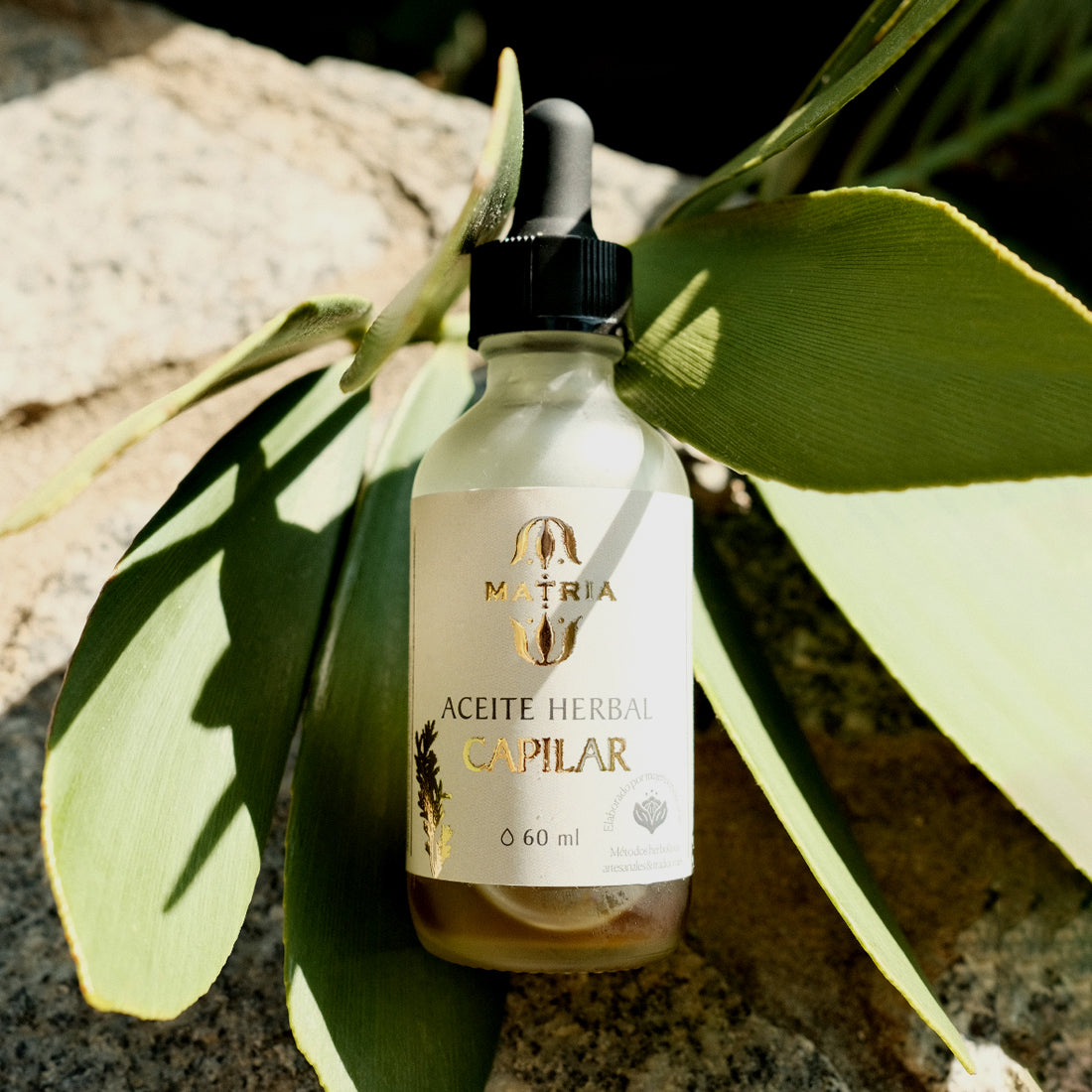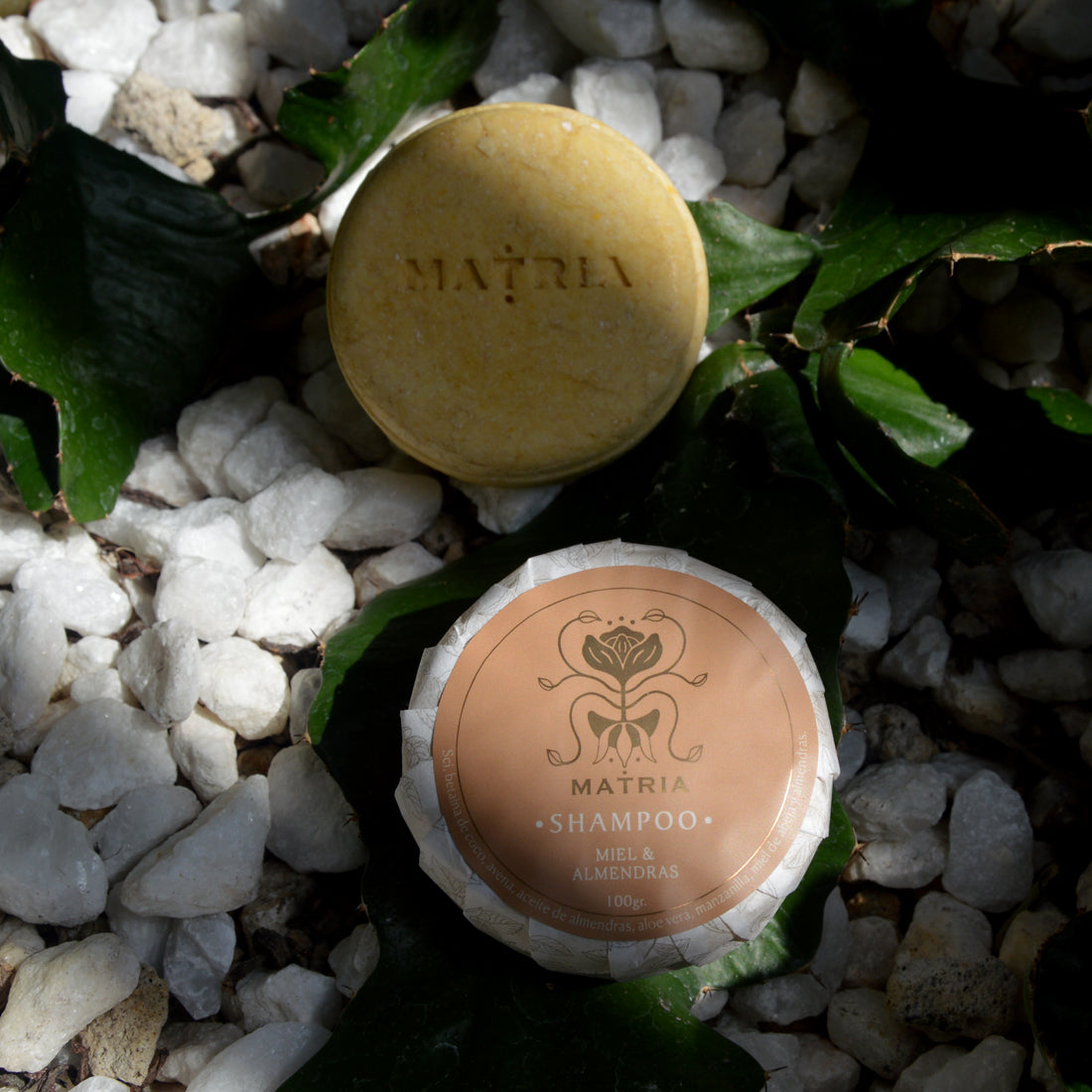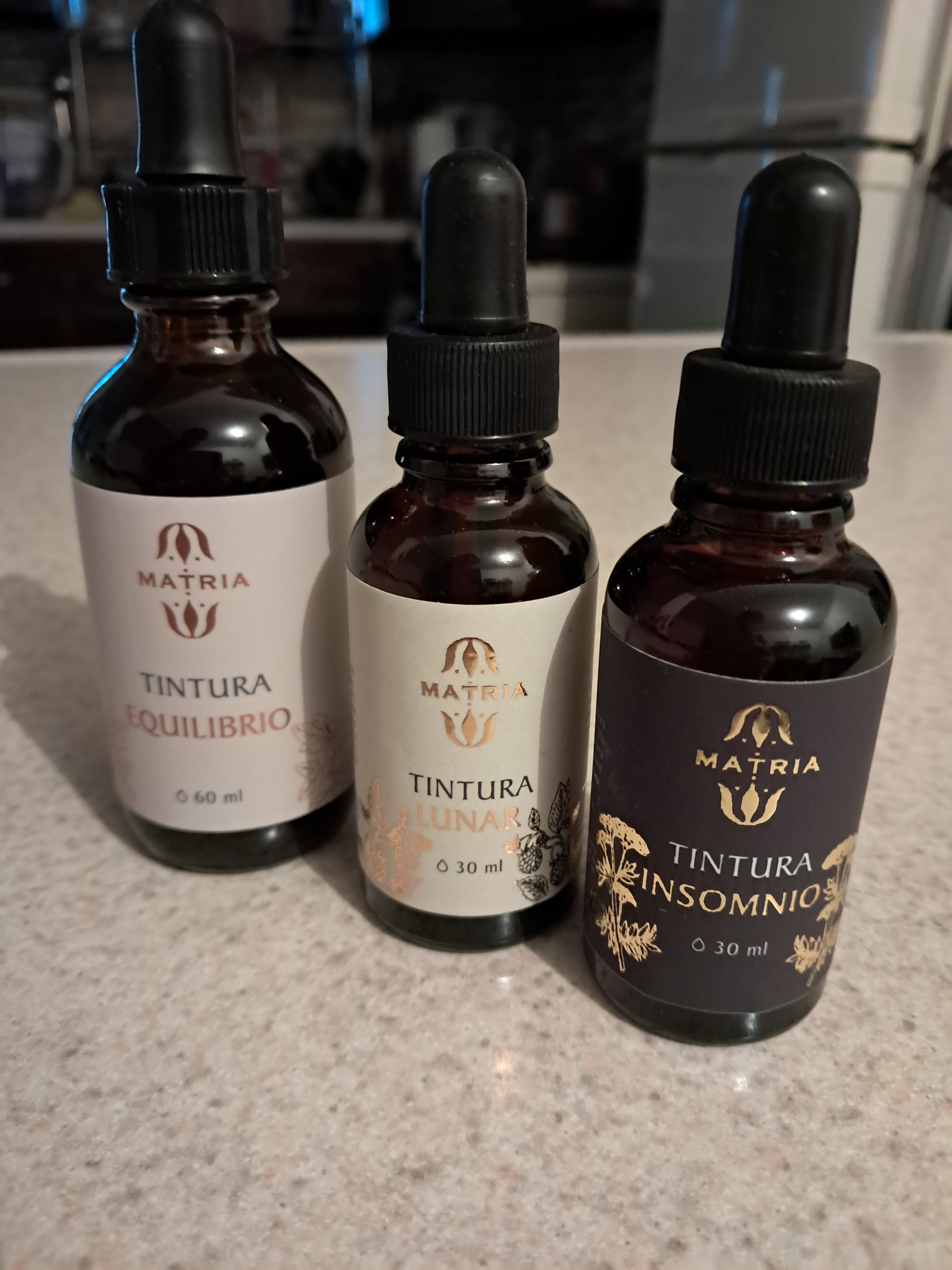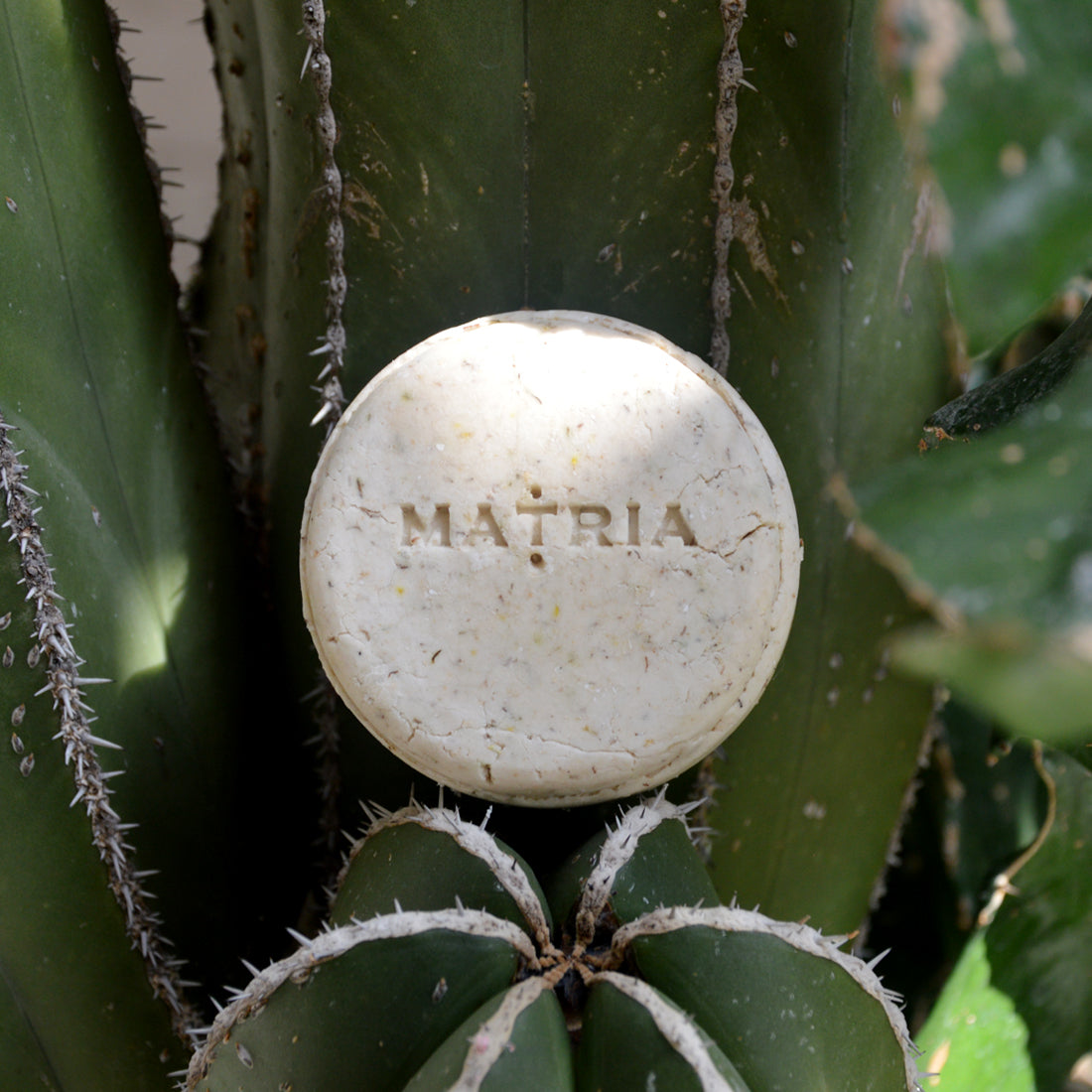The Day of the Dead, one of Mexico's most iconic holidays, is a celebration that honors and remembers loved ones who have passed away. Although its name may seem somber, this holiday is actually an expression of love and gratitude toward those who are no longer physically with us. In this article, we'll explore the traditions, important dates, legends, and culinary details surrounding this heartwarming celebration.
The Day of the Dead has deep roots in Mexico's indigenous cultures, especially in the Aztec, Mayan, and Purépecha civilizations. At its core, the holiday is a fusion of pre-Hispanic beliefs and Catholic traditions introduced by the Spanish colonizers. It represents the belief that death is not the end, but rather a transformation toward a new form of existence.
The Day of the Dead is primarily celebrated on November 1 and 2, although preparation and festivities can begin much earlier. November 1, known as All Saints' Day, is dedicated to deceased children, while November 2, Day of the Dead, is dedicated to adults. However, festivities can vary by region and family traditions.
One of the most iconic elements of the celebration is the altar of the dead, an elaborate tribute that includes photographs of the deceased, candles, flowers (mainly marigolds), food, personal belongings, and sugar skulls. Each element has a special meaning and is carefully placed to create a space of connection between the world of the living and the deceased.
Among the most popular legends is that of La Llorona, a sad figure who mourns the loss of her children. There is also the story of La Catrina, an elegant skull dressed in high-society clothing, symbolizing equality in death. These stories convey lessons about the importance of life and death as a natural part of the cycle.
Bread of the Dead, a pastry decorated with strips of dough simulating bones and powdered sugar representing the dust of the deceased, is an indispensable delicacy during the holiday. Its round shape symbolizes the cycle of life and death. Sugar skulls, small, sweet skulls decorated with names or messages, are also common and are often exchanged as gifts between friends and family.
The Day of the Dead is a celebration rich in symbolism and meaning, highlighting the profound connection between the living and the deceased. Through rituals such as offerings and bread of the dead, Mexican families celebrate life and keep alive the memory of those who are no longer physically with them. This holiday is a loving reminder that, although death is inevitable, love and memories live on forever. By participating in this celebration, Mexicans find comfort and strength in the belief that life and death are intrinsic parts of the same existence.





